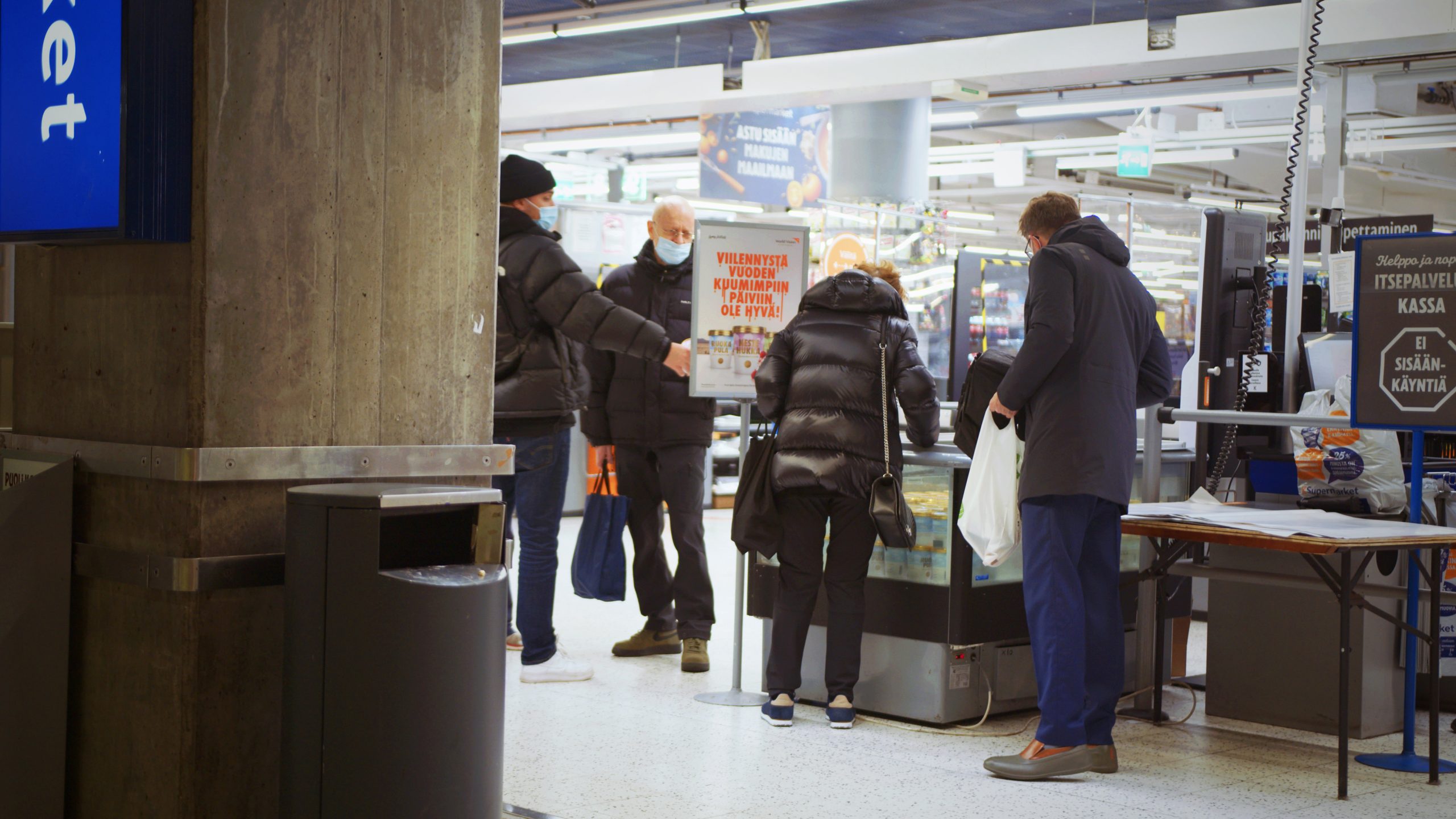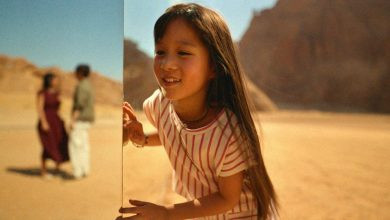HELSINKI, FINLAND — The newest IPCC report estimates that in the worst-case scenario the temperature on earth is going to rise by three degrees. This will lead to countless people, especially children in developing countries, suffering from insufferable heat.
“Climate change is exacerbating food and water shortages in developing countries and making living conditions more difficult. The heat can be difficult to perceive especially during the Nordic winter, and that is why we decided to remind people of the need for cooling by bringing the new ice creams in the middle of November,” explains Anna Jaurimaa, Program adviser from World Vision Finland.
Ice creams were named after threats that developing countries are facing. Due to water shortage caused by climate change, one-fifth of the world’s children don’t have access to enough water for their daily needs. Climate change has also led to the fact that up to
12 million hectares of land is projected to be at risk of becoming uncultivated. In addition, up to 200 million people, many of them children in developing countries, will have to leave their homes by 2050.

Starvation, Dehydration, and Immigration were distributed in selected grocery stores and in a pop-up ice cream parlor. Ice creams were executed together with a Finnish ice cream manufacturer, Jymy. The three off-season CO2-neutral ice creams urged to join World Vision’s monthly donations program to help the organisation continue their important work such as reforestation in developing countries.
With the help of the campaign, World Vision Finland hopes to continue supporting reforestation and the survival and well-being of children in the midst of climate change. Creative partner behind the idea was TBWA\Helsinki.
“When talking about issues that children in developing countries face, it often goes unspoken that climate change is in many cases the direct cause for starvation, dehydration, and immigration. What makes the situation in developing countries even more desperate is that the keys to solve the climate crisis are not in their hands but in ours who live in developed countries. That is why we decided to bring the issue to people in a way that will not go unnoticed,” explains Laura Paikkari, Creative Director from TBWA\Helsinki.












